Description
An outside jaunting car by William Heath printed on a Hoodie
About the Hoodie
Modern fit
It provides a more tailored look than a regular fit
Comfortable
The fabric and fit of this item are extra comfy
Tear-away tag
Easily removable tear-away tag that allows you to add a custom inside label
Premium quality
The product is made from premium, high-quality materials
Classic unisex hoodie with a front pouch pocket and matching flat drawstrings. The 100% cotton exterior makes this hoodie soft to the touch.
- 65% ring-spun cotton, 35% polyester
- Charcoal Heather is 60% ring-spun cotton, 40% polyester
- Carbon Grey is 55% ring-spun cotton, 45% polyester
- 100% cotton face
- Fabric weight: 8.5 oz./yd.² (288.2 g/m²)
- Front pouch pocket
- Self-fabric patch on the back
- Matching flat drawstrings
- 3-panel hood
- Tear-away tag
William Heath (1794-1840)
William Heath was a British artist who once described himself as a “portrait & military painter.” He was best known for his published engravings which included caricatures, political cartoons, and commentary on contemporary life.
Heath was born in Northumberland, England. His early works often dealt with military scenes, including colour plates for The Martial Achievements, The Wars of Wellington, etc., but from about 1820 on he focused on satire.
Between 1827 and 1829, many of his works were published under the pseudonym “Paul Pry” (the name of an overly inquisitive stage character in a popular 1825 stage comedy by John Poole); also used the pseudonym Argus. He was described by Dr John Brown, biographer of John Leech as “poor Heath, the ex-Captain of Dragoons, facile and profuse, unscrupulous and clever”.
Heath helped found an early caricature magazine, The Glasgow Looking Glass (renamed to The Northern Looking Glass after five issues). Heath created a numbered series of political caricatures between 1830 and 1834 for McLean’s Monthly.
He died in Hampstead and was buried on the western side of Highgate Cemetery. His grave (no.124) no longer has a headstone or any identifying marker. The British Museum catalogue has over 160 works by Heath.

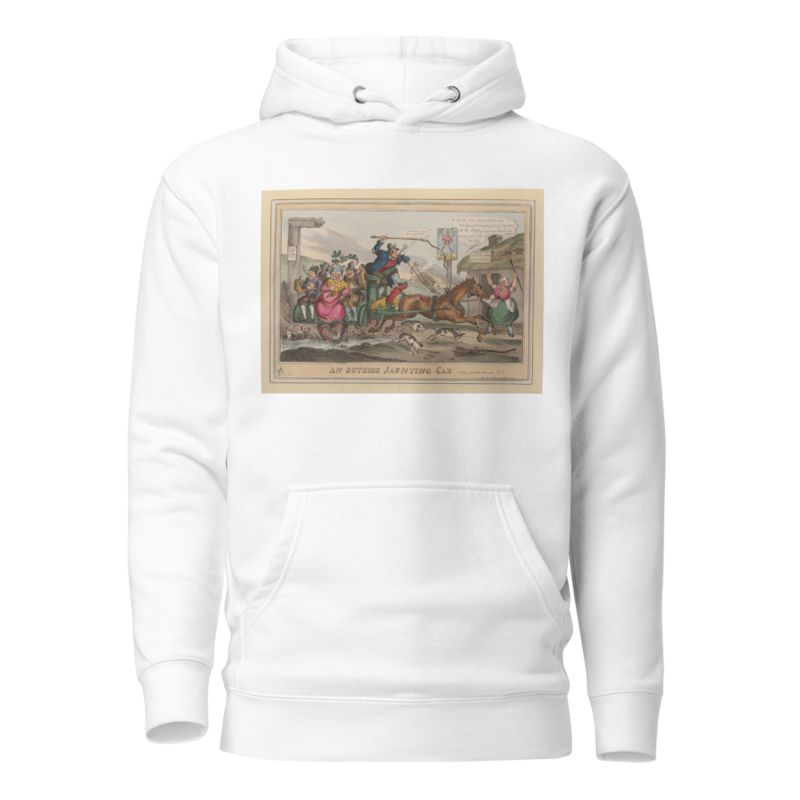
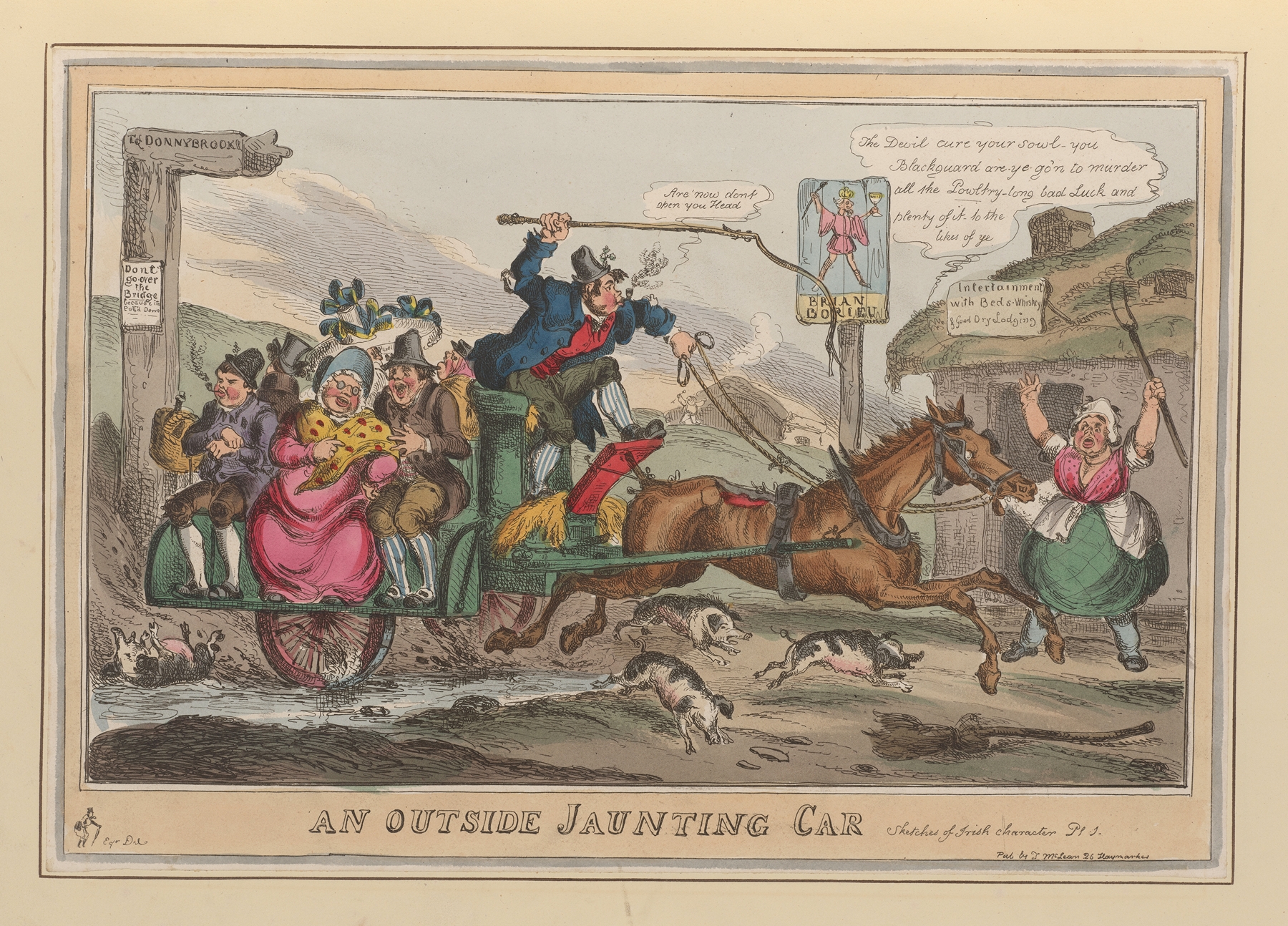
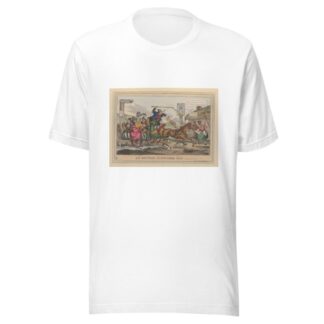
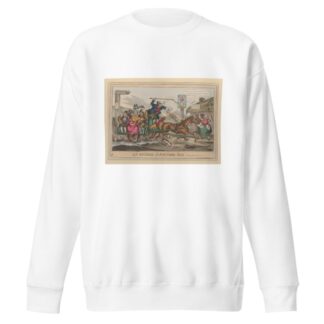
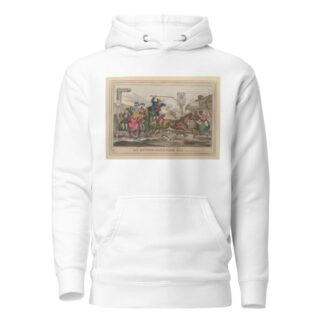
Reviews
There are no reviews yet.